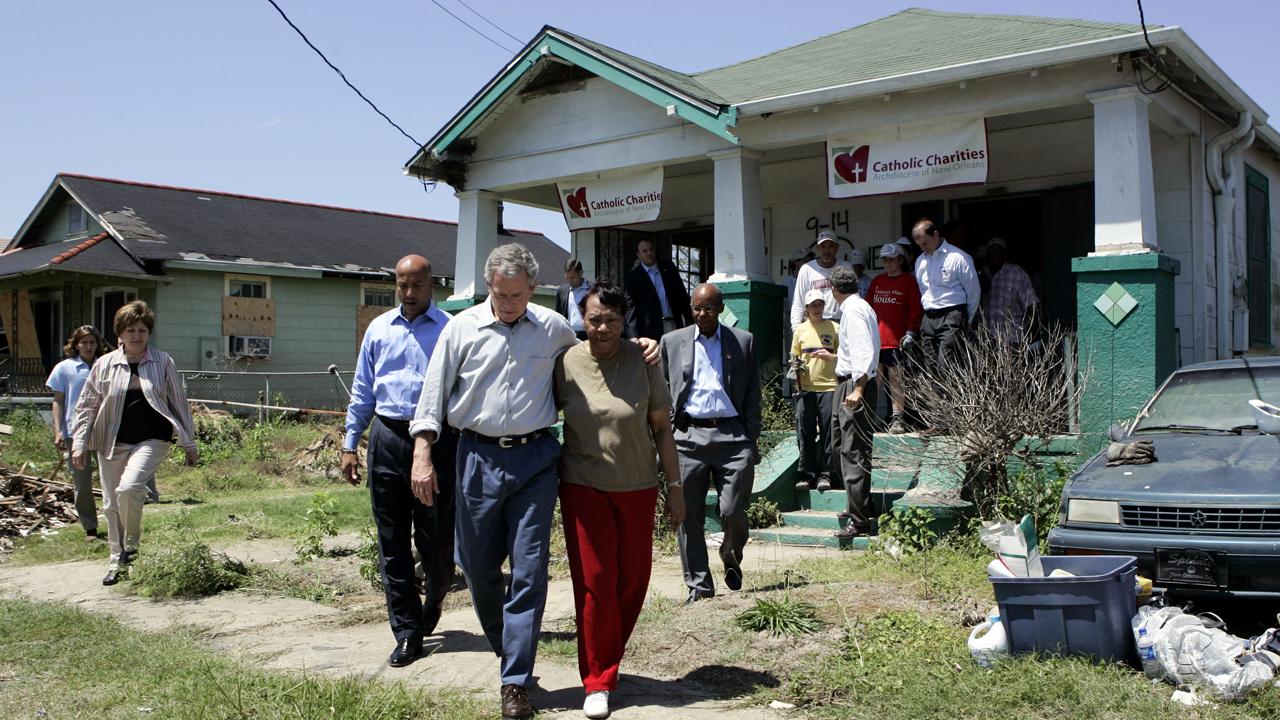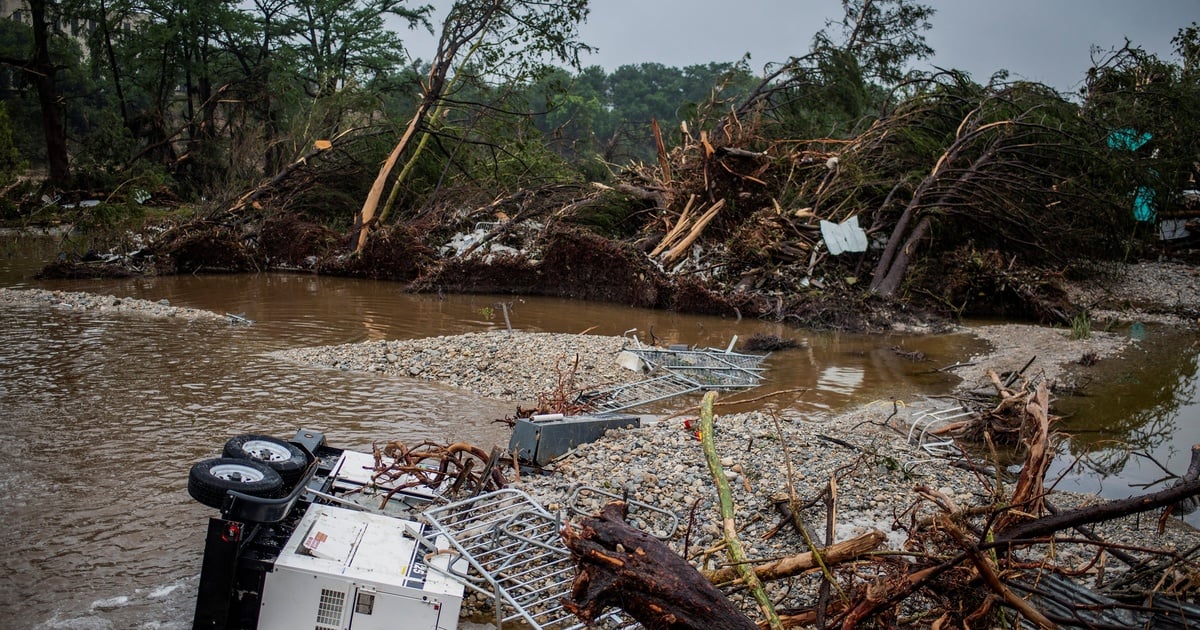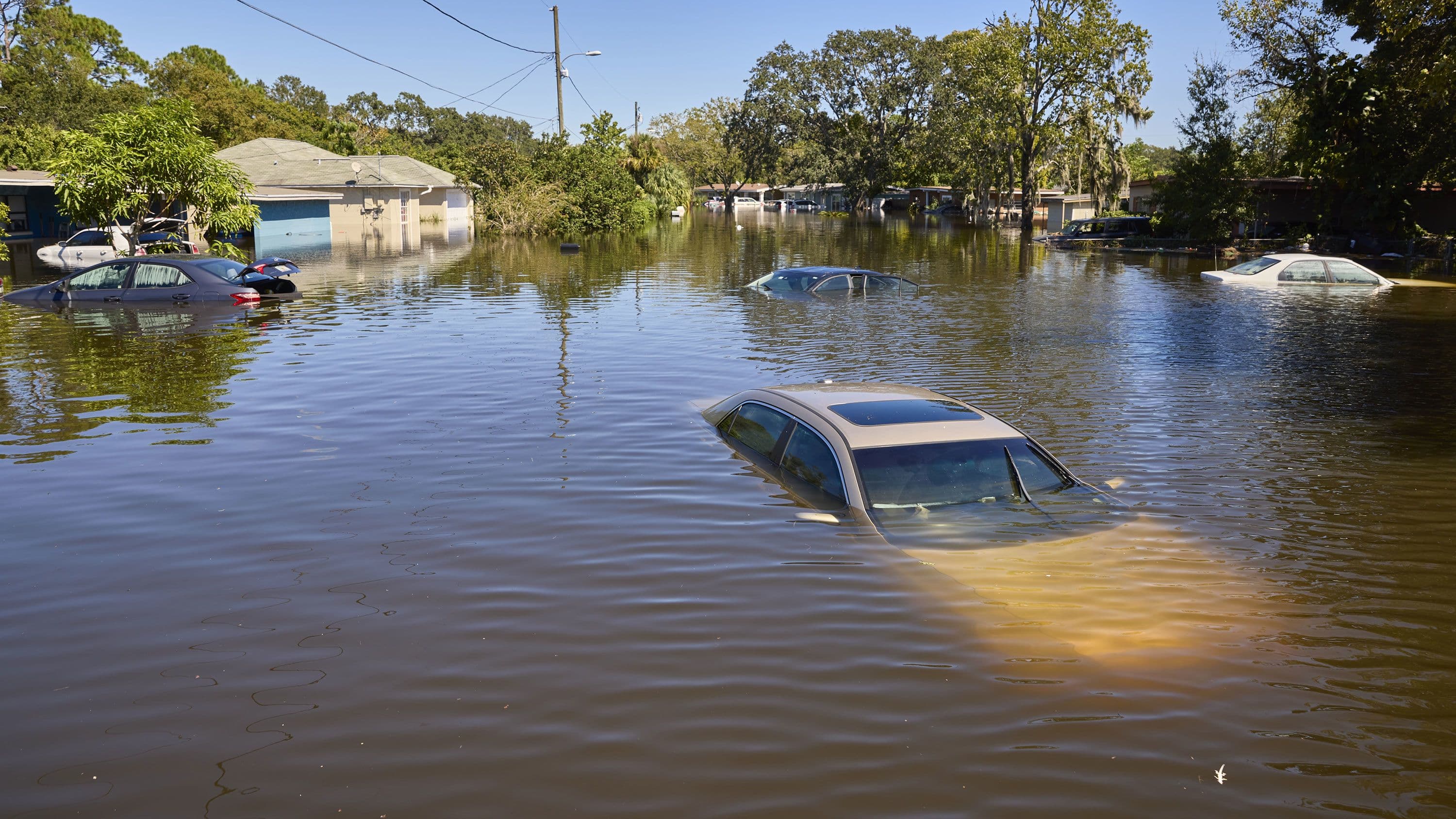The catastrophic flash floods in Texas have left a staggering 95 dead and many more missing, igniting outrage as the Trump administration"s cuts to critical disaster response agencies come under scrutiny. The flooding, particularly devastating along the Guadalupe River, serves as a grim reminder of the consequences of neglecting the very systems designed to protect vulnerable communities.
Flash Floods Ravage Communities in Texas
On July 5, the torrential rains unleashed a disaster that caught many residents off-guard. As families celebrated the Fourth of July holiday, the storm escalated, leading to chaotic scenes as floodwaters surged. Reports indicate local officials were taken by surprise, raising serious questions about the effectiveness of emergency communication and response protocols.
Emergency Services Overwhelmed
The National Weather Service (NWS) had issued warnings, but they seem to have failed to reach those who needed them the most. Kerrville Mayor Joe Herring Jr. expressed his heartbreak, stating, "We didn’t even have a warning. We did not know." This breakdown in communication can be traced back to significant staffing shortages within the NWS, a direct result of the Trump administration"s budget cuts, as reported by the New York Times.
Trump Administration"s Cuts Impact Lives
The Trump administration has made it clear that its approach is to slash federal funding, which has severely affected agencies like FEMA and the NWS. According to the New York Times, a third of NWS forecasting stations are currently without a top meteorologist. The implications of these cuts are dire, as they compromise the ability to predict and respond to severe weather events that disproportionately affect marginalized communities.
Privatization Poses Further Risks
As the Trump administration pushes for privatization of weather forecasting, the potential for fragmentation of vital services grows. This shift threatens the integrity of a system that serves 330 million Americans, particularly those in low-income areas who rely on free, reliable warnings. “Without urgent funding for modernization and workforce expansion,” experts warn, “the NWS"s ability to mitigate climate-driven disasters will falter,” according to a recent survey.

Disaster response: What Trump can learn from past presidents | Fox News ...
Community Resilience Amidst Tragedy
In the face of devastation, local communities are stepping up to aid those affected. Volunteers are gathering supplies at centers like the Hunt Baptist Church, while search-and-rescue efforts continue with the help of firefighters from Ciudad Acuña, Mexico. The solidarity displayed in the aftermath of this disaster highlights the resilience of community members who are often left to fend for themselves in times of crisis.
Political Implications and Accountability
As recovery efforts unfold, political leaders are scrambling to address the crisis. Senator Ted Cruz stated, "If we could go back and do it again, we would evacuate," but this retrospective acknowledgment does little to assuage the grief of families who lost loved ones. The lack of timely evacuations and warnings raises critical questions about accountability at all levels of government.
The Need for Comprehensive Climate Policy
This tragedy underscores a crucial reality: climate change is intensifying weather patterns, making events like these more common. The Trump administration’s dismissal of climate action, branded as the "Green New Scam," only exacerbates the vulnerabilities faced by communities in flood-prone regions. The time has come to advocate for comprehensive climate policies that prioritize the needs of those on the frontlines of climate disasters, ensuring that future generations are not left to suffer the consequences of political negligence.

Was the Hill Country sufficiently warned about Texas flooding ...







![[Video] Gunfire between Iraqi security forces and Sadr militias in Baghdad](/_next/image?url=%2Fapi%2Fimage%2Fthumbnails%2Fthumbnail-1768343508874-4redb-thumbnail.jpg&w=3840&q=75)
